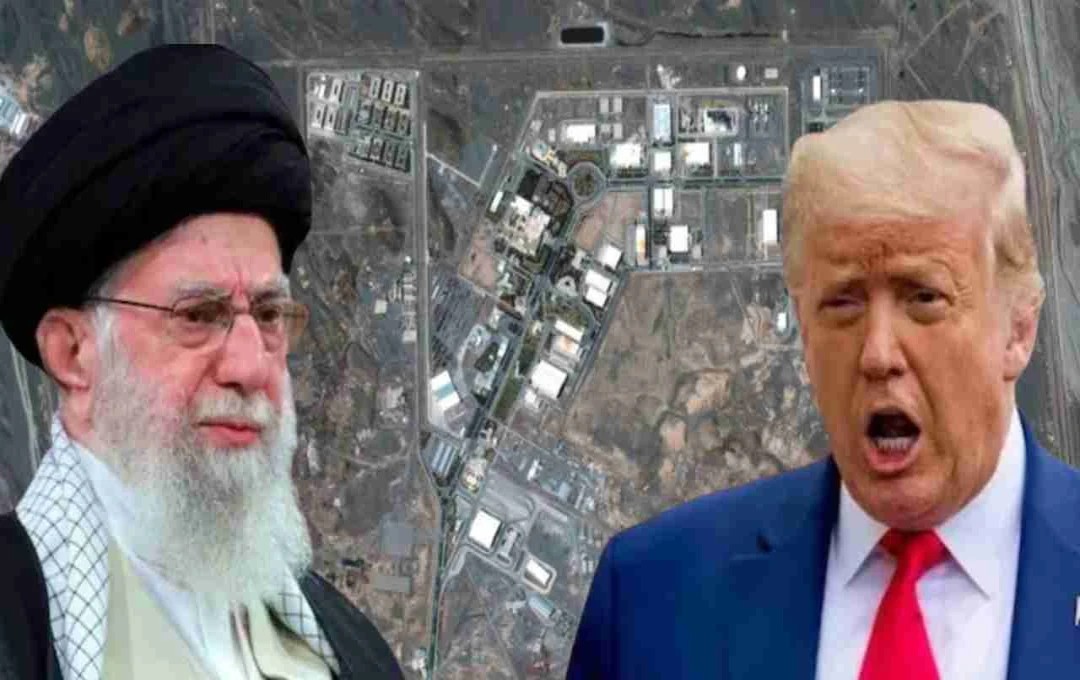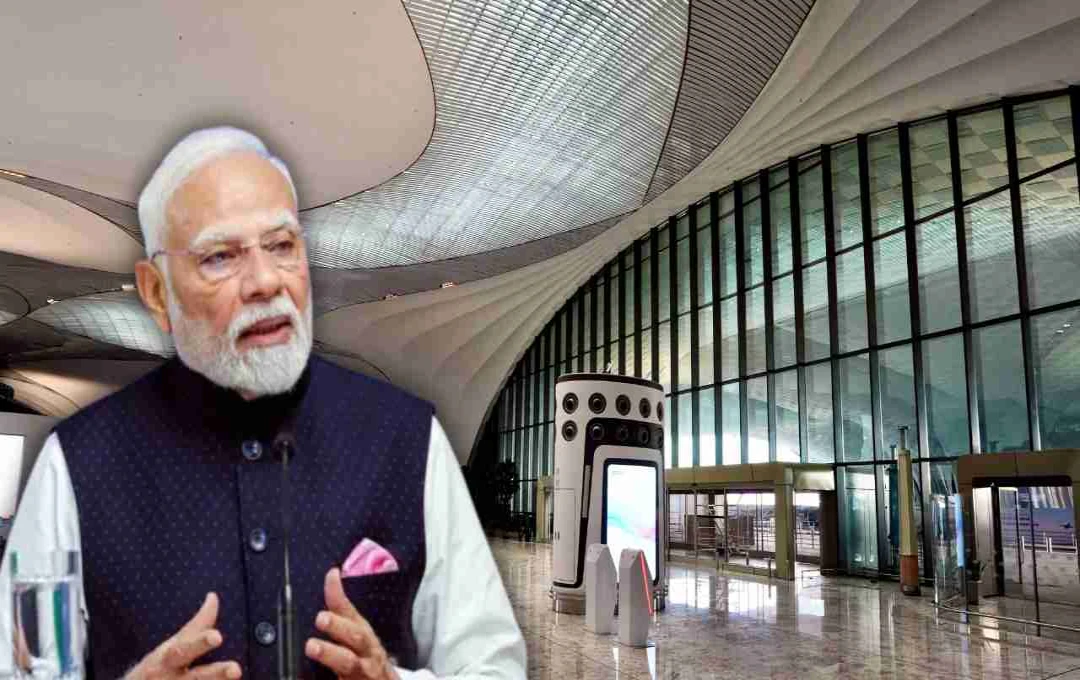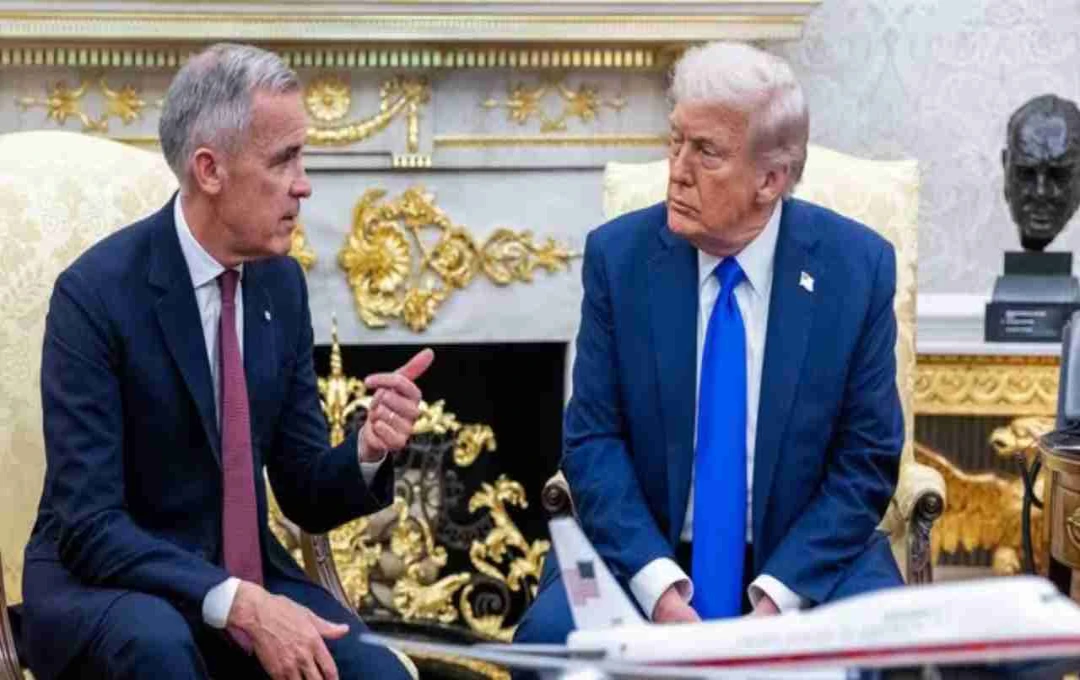Iran Passes Bill to End Cooperation with IAEA
Iran’s parliament has approved a bill to halt cooperation with the International Atomic Energy Agency (IAEA), effectively ending international monitoring of its nuclear sites. This move follows recent attacks by the United States and Israel on Iranian nuclear facilities, deepening global concerns about the country’s nuclear program.
Key Developments
On Wednesday, the Iranian parliament passed a significant bill proposing to terminate cooperation with the IAEA. Under this new law, the IAEA will now require permission from Iran’s Supreme National Security Council before conducting inspections at any of its nuclear sites. The immediate question is whether the absence of international oversight will lead to the Iranian nuclear program spiraling out of control.
Criticism of the IAEA and Questions of Credibility
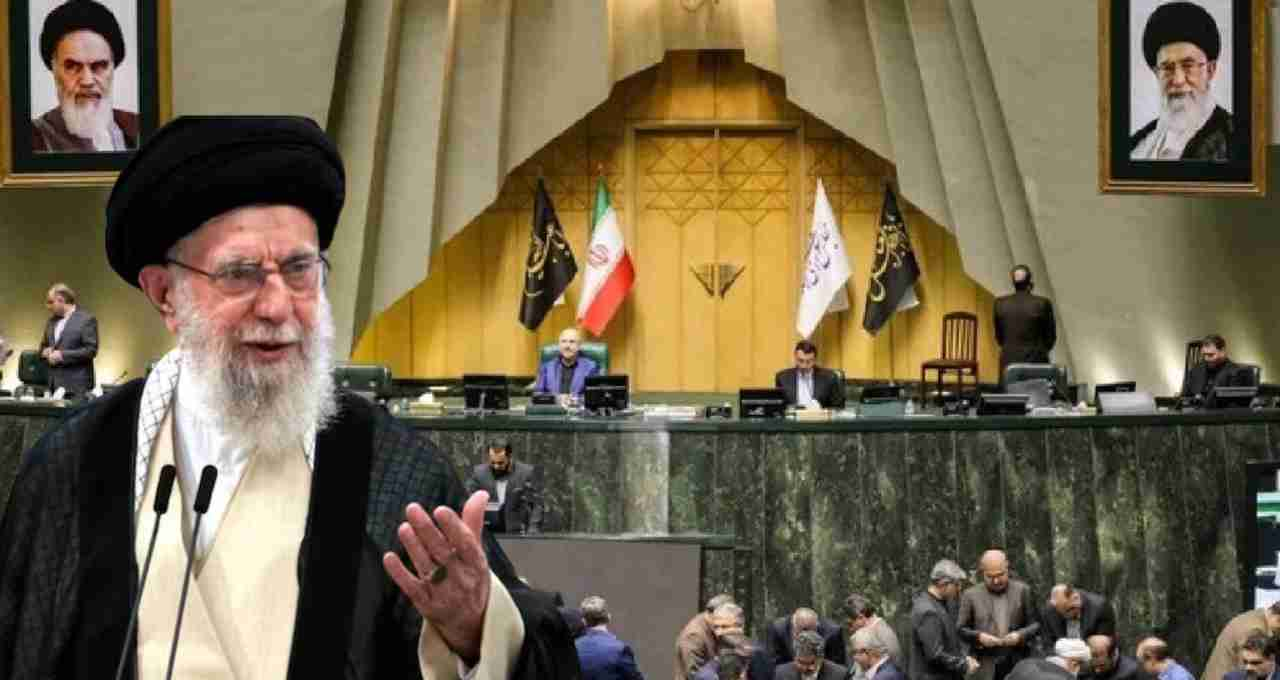
Tehran has long maintained that its nuclear program is solely for peaceful purposes. However, the IAEA recently passed a resolution accusing Iran of violating the Non-Proliferation Treaty (NPT). According to the Iranian parliament, the IAEA failed to condemn the Israeli attacks on Iran’s nuclear sites, raising questions about its international impartiality.
Tightening Restrictions on Monitoring Mechanisms
As per the bill passed by parliament, the IAEA will no longer be able to install cameras in Iranian nuclear facilities, conduct regular inspections, or request reports from Iran. Iran argues that cooperation with the agency is only possible if guarantees are provided for the security of the nuclear sites.
US and Israeli Attacks Intensify Tensions
In recent weeks, the United States has conducted heavy bombing raids on Iran’s key nuclear sites – Fordo, Isfahan, and Natanz. The U.S. Department of Defense claims these attacks have inflicted significant damage on Iran’s nuclear capabilities.
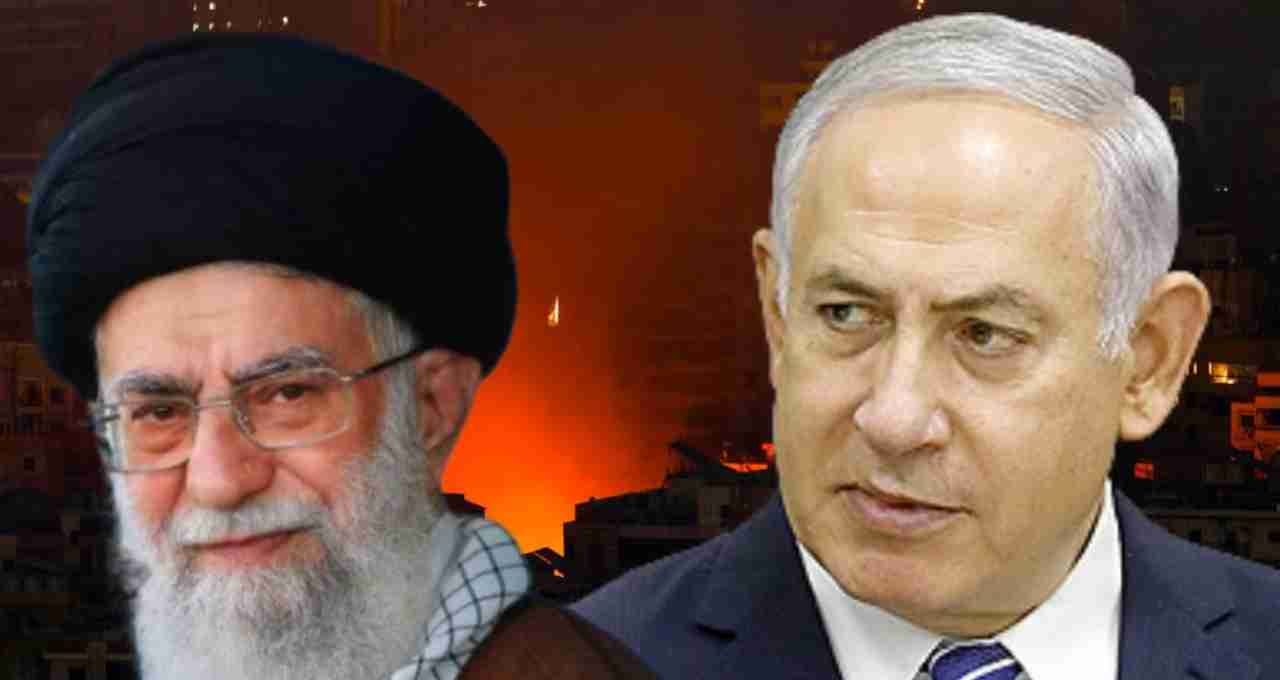
However, Iranian officials state that they had already moved most of their nuclear material to secure locations, limiting the damage.
IAEA’s Position Weakened, Inspection Crisis Looms
IAEA Director General Rafael Grossi stated that he wants his inspectors to return to Iran’s plants where uranium enrichment was taking place as soon as possible. Before the Israeli attack on June 13th, these sites were under enrichment activity, and the IAEA had been granted access. However, the situation has now dramatically changed.
Without full cooperation from Iran, the IAEA will have no information about the direction in which Iran’s nuclear program is developing.
Growing Concerns Over Uranium Enrichment
Reports indicate that Iran has already enriched uranium to 70-80 percent. Uranium with a purity of 90 percent is required to make nuclear weapons. Therefore, Iran is now just one step away. Despite Tehran’s repeated assertions that its intention is not to build nuclear weapons, the international community is hesitant to trust these claims.
